Side Effects Of Hair Gel: 4 Common Risks And How To Avoid Them
Learn the potential dangers of using too much, too frequently if you want to preserve your hair health.
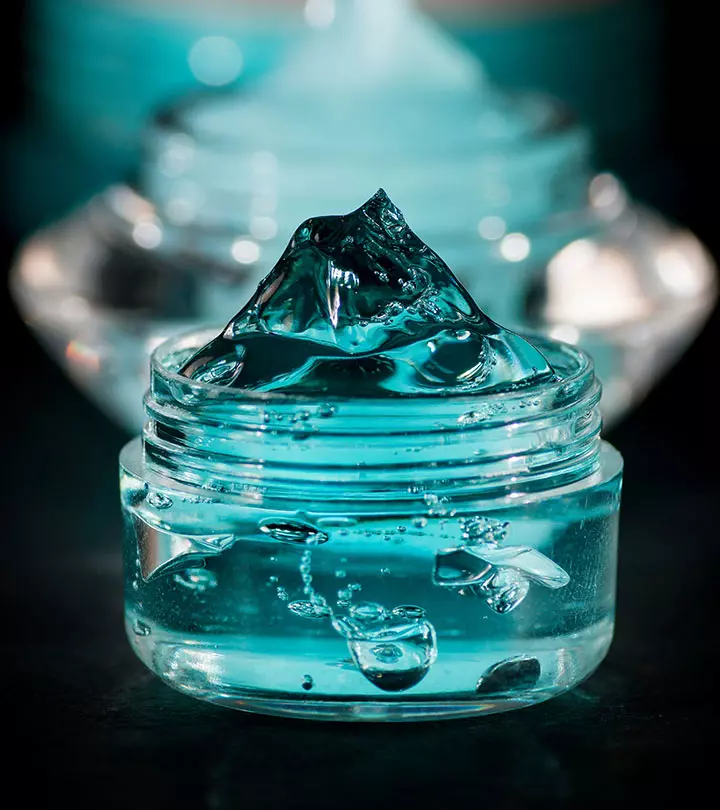
Image: Shutterstock
If you love to style your hair but are worried about the multiple side effects of hair gels, worry not! We are here to help you understand major issues with hair gels and how you can circumvent them. Most of us strive for an elegant, neat, and appropriate appearance throughout the day. It comprises good attire, a well-done face, and neatly styled hair. Hair is one of the most important aspects of a person’s personality and looks, but it is also difficult to maintain. Hair gels take care of the difficult process of properly styling and holding the hair in place.

Hair gels are hair styling treatments that harden and manage the hair into various hairstyles. Historical research shows that people have utilized natural hair gels since the ancient Egyptian and Greco-Roman periods (1). However, conventional hair gel was produced in the 1960s by Luis Montoya of the U.S.A. and sold under the brand name DEP, which stood for the main ingredient in the product, diethyl phthalate, that gave it its distinct non-sticky texture. Ordinary gels are primarily made up of cationic polymers, which have positive charges that give the gel its stiffness, allowing it to easily bond to the hair shaft, letting it flex and keep its place for extended periods (2).
These gels aid in hairstyling, making hairstyles last longer, improving their texture, giving tresses a pleasant sleek look, making the hair and face look presentable and groomed, and boosting an individual’s overall persona. On the other hand, hair gels are considered to have negative consequences on the hair, scalp, and body due to the presence of toxic chemicals. The following are some of the negative consequences of hair gel. Keep reading.
In This Article
Common Side Effects Of Hair Gels
Hair stylists recommend using hair gels to tame the frizz and flyaways and give the hair a sleek, polished appearance. However, excessive use of anything can be harmful. The harsh ingredients found in the gels may break the hair bonds and damage the strands. They can also make the hair look greasy and feel heavy. Below, we have listed a few common side effects of using hair gels.
1. Dryness And Dehydration Of Scalp
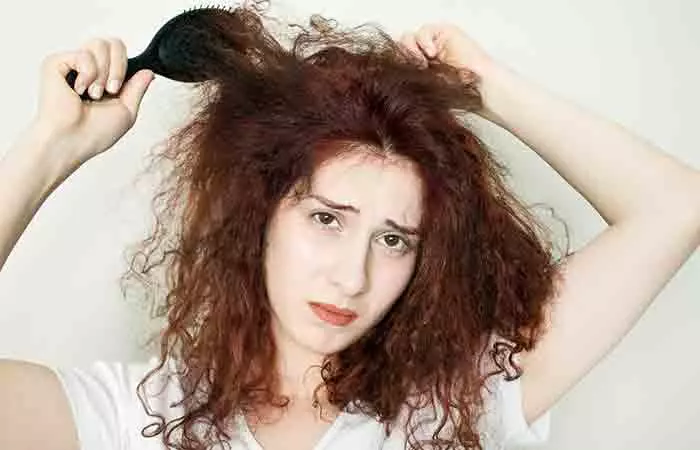
Hair gels contain alcohol and corrosive chemicals that strip off moisture from the hair and scalp and make them dry and dehydrated. A study analyzed 796 hair products, including 286 styling products, to understand their allergen content. Fragrance was the most common allergen, present in 97% of products, making it difficult to avoid (3). Hair gels with fragrance might also contain alcohol and other harmful ingredients that can mess with the moisture levels and reduce the production of sebum, causing chemical damage leading to dry, brittle hair and breakage-prone tresses that give rise to problems of itchy and flaky scalp. They make the hair frizzy, thereby giving rise to unmanageable, dry, rough, limp, and lustreless tresses (4), (5).
2. Hair Loss
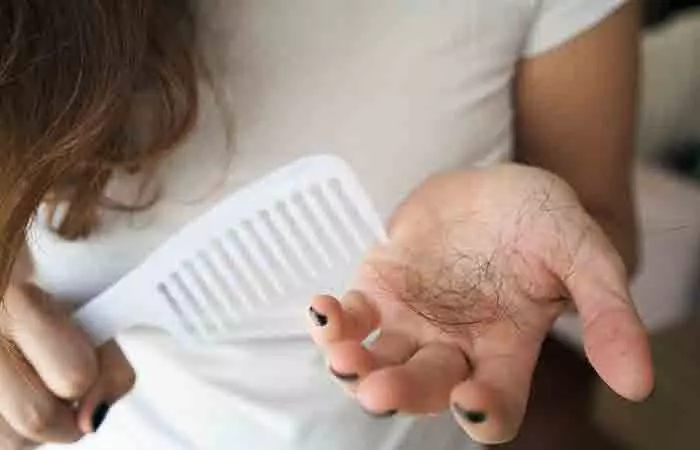
These gels dehydrate the hair and scalp, thereby making the hair prone to breakage and fall. The chemical compounds present in these gels along with external pollutants together react with the dead cell build-up and excess sebum on the scalp. This clogs the hair follicles and eventually causes hair fall. Excess and prolonged hair fall can lead to problems like receding hairline, baldness, etc (5), (6).
 Quick Tip
Quick Tip3. Dandruff
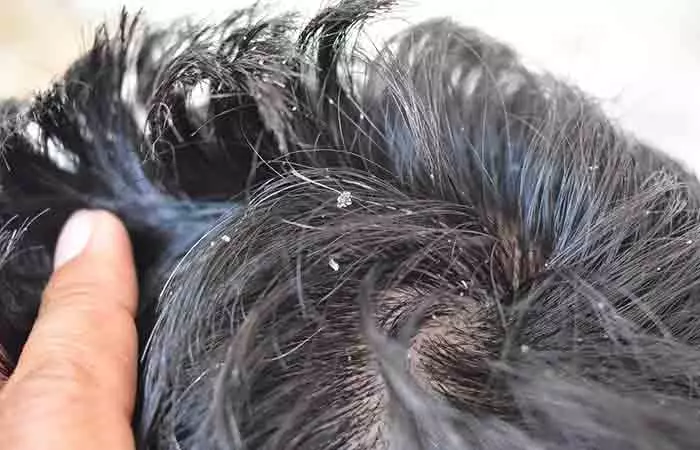
A dehydrated, undernourished, and infected scalp is characterized by irritation, and itchiness leading to dandruff and flaking. Improper production of sebum, unhealthy and clogged pores, and hair follicles, weakened hair roots all together cause and aggravate the problem of dandruff, Seborrhoeic dermatitis, or inflammation in the scalp which can further lead to other skin diseases like acne (7), (8).
 Did You Know?
Did You Know?4. Discoloration And Damage
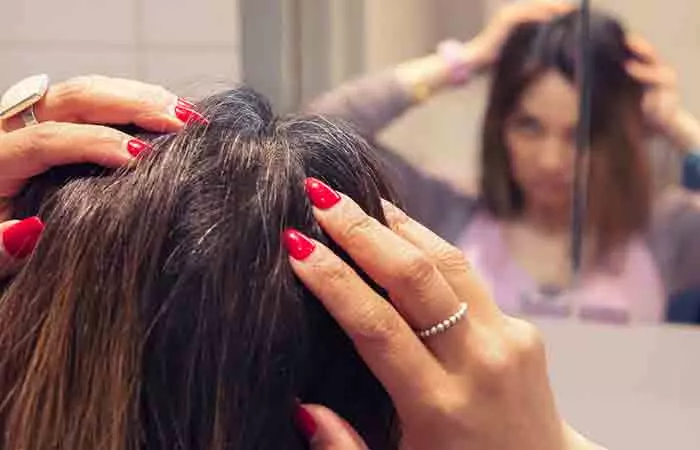
According to anecdotal evidence, damage, split ends, thinning, and discoloration of hair are also common side effects of using hair gels. These gels rip off the nourishment and moisture content of the hair, break and strip them, disturb the pH balance of the hair and make them unhealthy, scarce and dull. Harmful chemicals in these gels also have ill effects on color treated hair like fading and discoloration and prolonged usage of this gel also results in early graying (9).
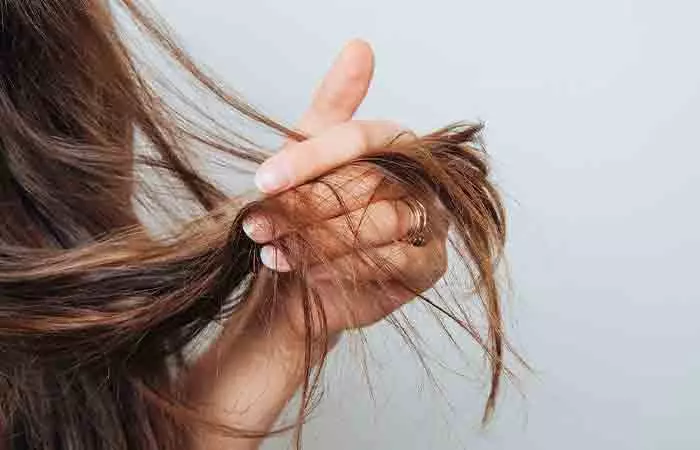
Robin, a vlogger, shared his poor experience of using store-bought hair gels. He said, “So if you’re a guy with hair like me with slightly more fine or less dense hair, then they’re not great and this is a reason why I don’t like using gels. I can generally just see into my scalp, which is a look that I don’t like (i).”
The toxic ingredients in the hair gels are responsible for the harm caused to the hair. These elements may give the hair a smooth look and extend the shelf life of the gels, but they cause long-term damage. In the next section, find out the toxins that are commonly used to formulate hair gels, as they are the main reasons for the side effects of hair gels discussed above.
Key Takeaways
- The alcohol content in hair gels may cause dryness and hair breakage.
- Overusing hair gels may lead to problems like clogged hair follicles, hair loss, and baldness.
- Frequent use of hair gels may lead to dandruff and an itchy scalp.
- Hair gels containing chemicals may disrupt the pH balance and cause hair discoloration.
- Some ingredients in the hair gels may cause nausea.
Harmful Ingredients In Hair Gels
These questionable ingredients can not only dry out and damage the strands but also irritate the scalp. Read more about each one below.
- Alcohols: They dry out the hair and cause breakages. They also irritate the scalp and cause redness. A study shows that alcohol-free minoxidil hair products are better tolerated, reducing scalp dryness and irritation compared to alcohol-based versions (10).
- Parabens: Long-term use of gels containing parabens may disrupt hormonal function, causing various health problems (11). They can also cause scalp infections.
- Phthalates: They interfere with the body’s hormonal system, causing health complications (12). They can also turn the hair brittle and dull.
- Sulfates: They strip the natural oils of the hair and make it look limp. They may also cause scalp itchiness. Sulfates in hair products can cause more protein loss in hair, especially when rubbed or used in hot water. Over time, this can make hair weaker, dull, and harder to manage. If used daily, it may lead to split ends and damage within a few years (13).
- Synthetic Fragrances: They can trigger allergic reactions on the scalp and cause respiratory problems (14) (15).
Therefore, to avoid the potential side effects of hair gels, it is best to choose a hair gel that is made without these harmful ingredients and is tested to be safe for all hair types including the damage-prone ones. You may also completely skip using hair gels and opt for effective substitutes. Check them out in the following section.
Alternatives To Hair Gel
There are several alternatives to achieve your desired hairstyle without the sticky and often chemical-laden properties of traditional hair gel.
- Aloe vera gel: If you prefer a more natural approach, consider using aloe vera gel, which not only holds your hair in place but also nourishes and moisturizes your scalp.
- Sea salt spray: While it has a lighter hold, it adds texture and volume to the hair and helps you maintain a beachy, tousled appearance.
- Hair wax: It provides a strong hold and a matte finish, making it ideal for clean, sophisticated and brushed back hairstyles.
- Pomade: It offers a sleek and shiny finish, which is perfect if you are going for a classic and polished look.
Infographic: Tips To Reduce Side Effects Caused By Hair Gel
Hair gels can dehydrate your hair and make it look dull. The product build-up may also lead to scalp irritation and itching along with headaches. If you use hair gels regularly, it is time to think of their several drawbacks to your hair health. The good news is that you can reduce these effects with the following tips. Check out the infographic to learn the best ways to use hair gels to minimize hair damage.
Some thing wrong with infographic shortcode. please verify shortcode syntax
Hair gels definitely ease the process of styling your hair, but it is important to know about the damage they can do to your locks. Yes, there are a few side effects of hair gels that can disrupt your overall hair health. Hair gels can dry out and dehydrate your hair, along with affecting regular sebum production. They can make your hair frizzy and unmanageable. They can also lead to hair breakage and severe hair fall. Other side effects of hair gels are dandruff, discoloration, and damage like split ends and hair thinning. If you recently colored your hair, you might want to steer clear of hair gels for a while as they could fade out your new hair color.
Frequently Asked Questions
Are All Hair Gels Bad?
Madison Dufour, a licensed cosmetologist, says, “Not all hair gels are bad, but if the gel is reapplied to the hair daily, it will build up on the hair.”
Is it OK to sleep with hair gel?
“It is acceptable to sleep with hair gel as long as the hair is dry. If the gel is wet, the hair will be scrunched and build up in between the cuticle shafts, as well as dry out the cuticle, damaging its integrity and making the hair frizzy,” says Madison Dufour.
How do you remove hair gel?
Madison recommends using a clarifying shampoo to remove gel buildup if the gel is used frequently.
Is hair spray or hair gel better?
Madison Dufour says, “Hairspray and hair gel both contain alcohol, but the gel is, in my opinion, better than spray because it can be reactivated the next day without needing to be reapplied and coating another layer onto the hair.”
Can I use hair gel every day?
If you use hair gel every day, you will have to wash it off every night to remove the greasiness and product residue. But, shampooing your hair every day is not healthy as it can strip your hair dry. So, don’t use hair gel on your hair daily.
What can I use instead of gel?
If you are using gel to detangle your hair or make it easier to style, you can replace it with a natural oil or a detangling serum. Using serum for hair can offer shine and smoothness without the harmful chemicals found in many gels. For hold, you can use a hair mousse or hair spray.
Is hair wax better than gel?
You can use either, depending on your preference. Hair gel is not as thick as hair wax, but hair wax does not make your hair stiff like hair gel.
Does hair need gel?
If you want to keep your hair in a style for a long time, you will need to use hair gel or some holding product. However, check the ingredients in case you have any skin allergies.
Can I use Vaseline as hair gel?
Yes, you can use a little bit of Vaseline (petroleum jelly) as a replacement for hair gel. It will keep your hair intact and make it easier to style and manage. However, it is important to note that it is very difficult to wash Vaseline off your hair.
Can you use coconut oil as hair gel?
Yes, you can use coconut oil as a healthier alternative to hair gel.
Can hair gels cause allergic reactions?
In some rare cases and due to skin sensitivities, hair gels can cause allergic reactions burning sensation, rash, skin redness, and allergic reactions, and also might cause eye irritation if it gets in the eye.
Illustration: Side Effects Of Hair Gels You Should Be Aware Of
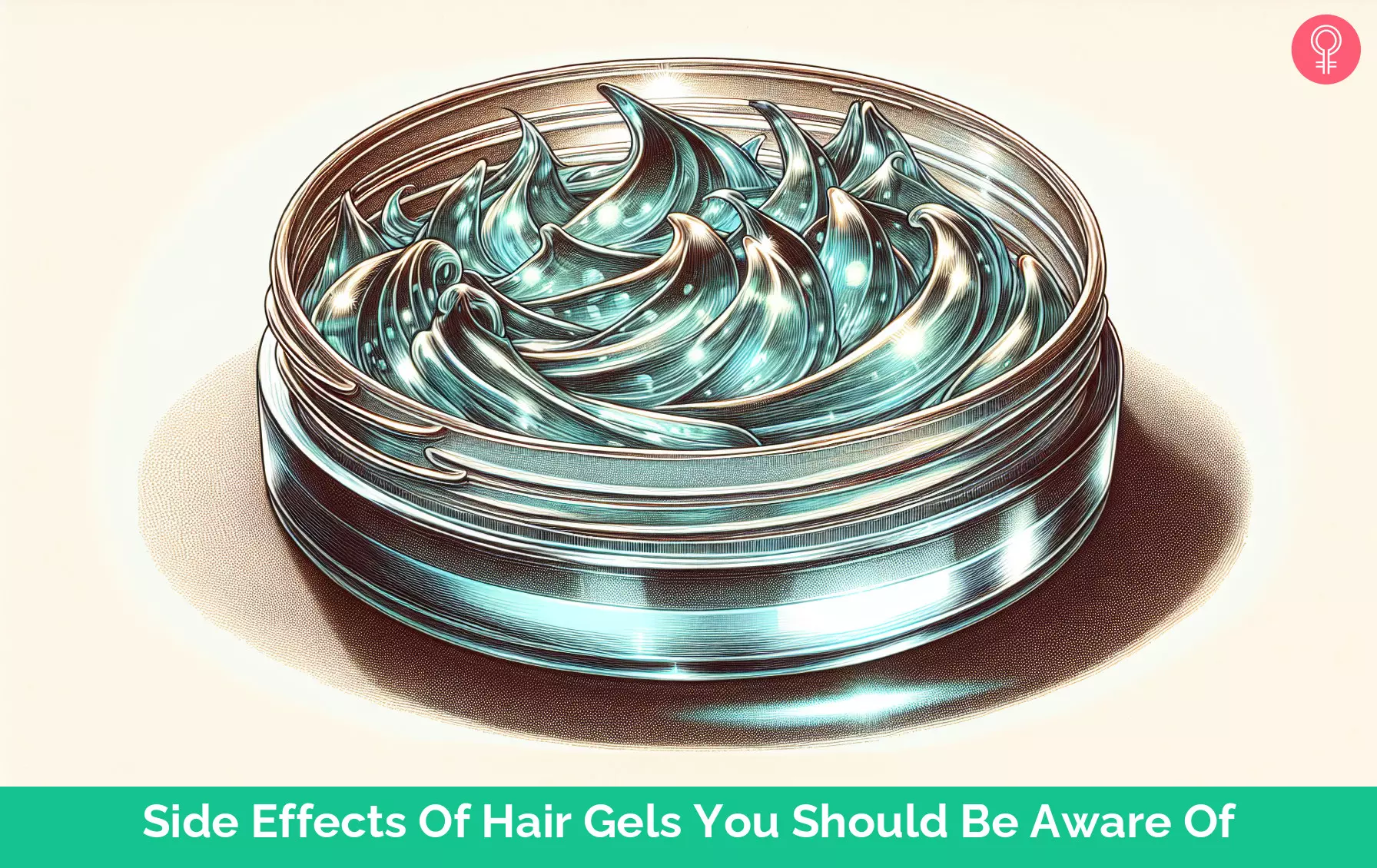
Image: Dall·E/StyleCraze Design Team
Curious about the impact of daily hair gel use? Click on this informative video to explore the potential side effects of overusing this product on your hair and scalp.
Personal Experience: Source
StyleCraze's articles are interwoven with authentic personal narratives that provide depth and resonance to our content. Below are the sources of the personal accounts referenced in this article.
i. This ultimate hair styling guide eliminates product confusion forever!,https://www.youtube.com/watch?v=yTjBjiEm90Y
References
Articles on StyleCraze are backed by verified information from peer-reviewed and academic research papers, reputed organizations, research institutions, and medical associations to ensure accuracy and relevance. Read our editorial policy to learn more.
- Ancient Egyptian hair gel: new insight into ancient Egyptian mummification procedures through chemical analysis
https://www.sciencedirect.com/science/article/abs/pii/S0305440311002743?via%3Dihub - Advancements in polymers used in hair care: a review
https://www.researchgate.net/profile/Apoorva-Mahajan-2/publication/301221021_Advancements_in_polymers_used_in_hair_care_a_review/links/570d254408ae3199889bb921/Advancements-in-polymers-used-in-hair-care-a-review.pdf - Part 2 of a 4-part series Hair Products: Trends and Alternatives
https://www.ncbi.nlm.nih.gov/pmc/articles/PMC3140904/ - The Side Effects of Hair Products on the Scalp and Hair
https://link.springer.com/chapter/10.1007/978-3-642-81650-5_82 - Scalp Condition Impacts Hair Growth and Retention via Oxidative Stress
https://www.ncbi.nlm.nih.gov/pmc/articles/PMC6369642/ - Hair Loss: Common Causes and Treatment
https://www.aafp.org/pubs/afp/issues/2017/0915/p371.html - DANDRUFF: THE MOST COMMERCIALLY EXPLOITED SKIN DISEASE
https://www.ncbi.nlm.nih.gov/pmc/articles/PMC2887514/ - Revisiting dandruff
https://onlinelibrary.wiley.com/doi/full/10.1111/j.1467-2494.2006.00326.x - What ages hair?
https://www.ncbi.nlm.nih.gov/pmc/articles/PMC5419772/ - Positioning of Low Alcohol or Alcohol-Free Minoxidil Formulation for the Management of Androgenetic Alopecia: Indian Perspective
https://pmc.ncbi.nlm.nih.gov/articles/PMC10251296/ - Parabens and their effects on the endocrine system
https://pubmed.ncbi.nlm.nih.gov/29596967/ - Phthalates and Their Impacts on Human Health
https://pmc.ncbi.nlm.nih.gov/articles/PMC8157593/ - Hair protein removal by sodium dodecyl sulfate
https://pubmed.ncbi.nlm.nih.gov/15698750/ - Allergic contact dermatitis of the scalp: a review of an underdiagnosed entity
https://pmc.ncbi.nlm.nih.gov/articles/PMC11286252/ - Do Synthetic Fragrances in Personal Care and Household Products Impact Indoor Air Quality and Pose Health Risks?
https://pmc.ncbi.nlm.nih.gov/articles/PMC10051690/
Read full bio of Dr. Madhuri Agarwal
- Madison Dufour is a licensed barber and cosmetologist with a decade of experience. She is also an entrepreneur who runs several hair businesses, including MadisonD Barbering and The Exquisite Find Hair Blog. She received her training from Xenon Academy of Cosmetology and aims to help people feel confident from the inside and beautiful on the outside through proper hair care.
 Madison Dufour is a licensed barber and cosmetologist with a decade of experience. She is also an entrepreneur who runs several hair businesses, including MadisonD Barbering and The Exquisite Find Hair Blog. She received her training from Xenon Academy of Cosmetology and aims to help people feel confident from the inside and beautiful on the outside through proper hair care.
Madison Dufour is a licensed barber and cosmetologist with a decade of experience. She is also an entrepreneur who runs several hair businesses, including MadisonD Barbering and The Exquisite Find Hair Blog. She received her training from Xenon Academy of Cosmetology and aims to help people feel confident from the inside and beautiful on the outside through proper hair care.
Read full bio of Jyotsana Rao
Read full bio of Eshna Das
Read full bio of Krati Darak






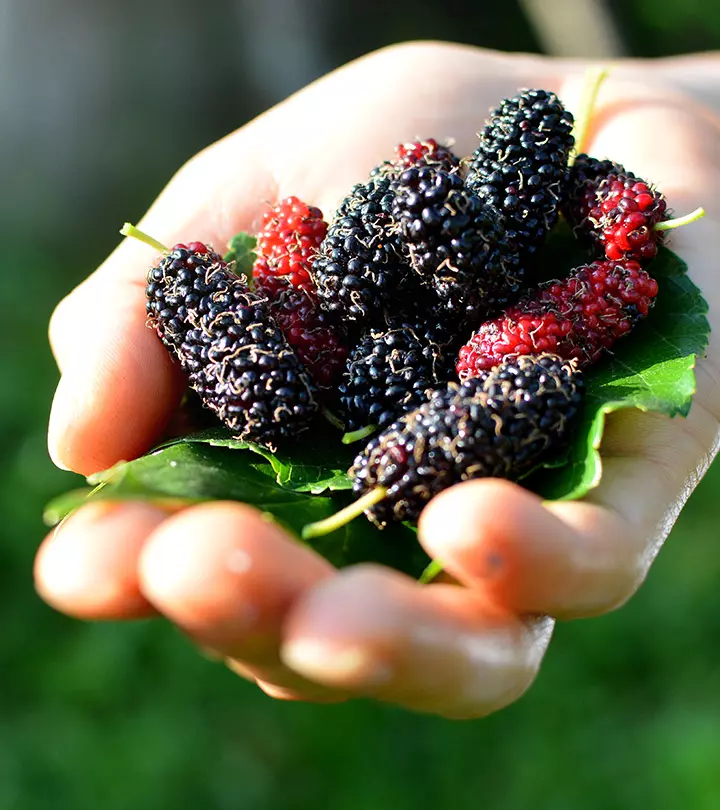
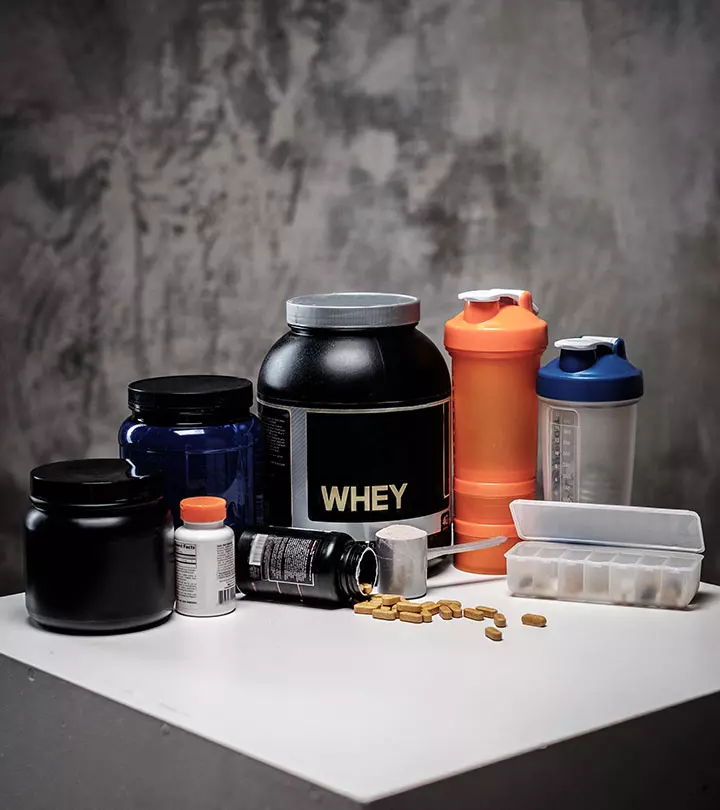
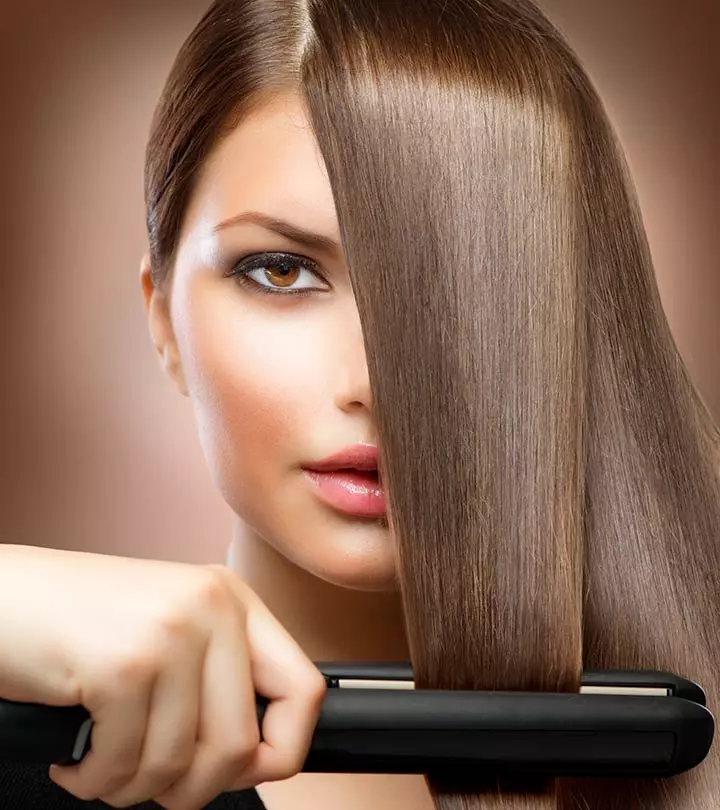
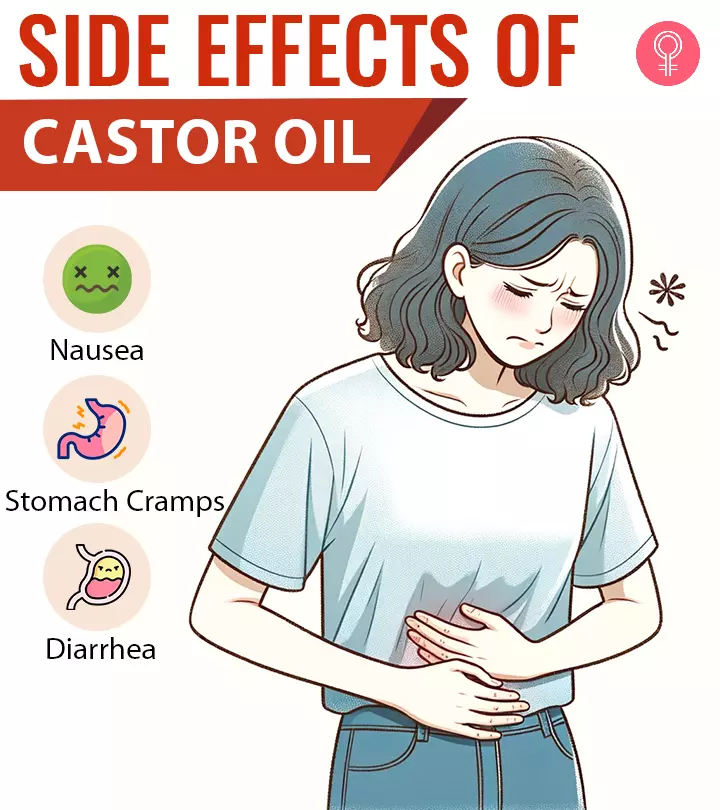
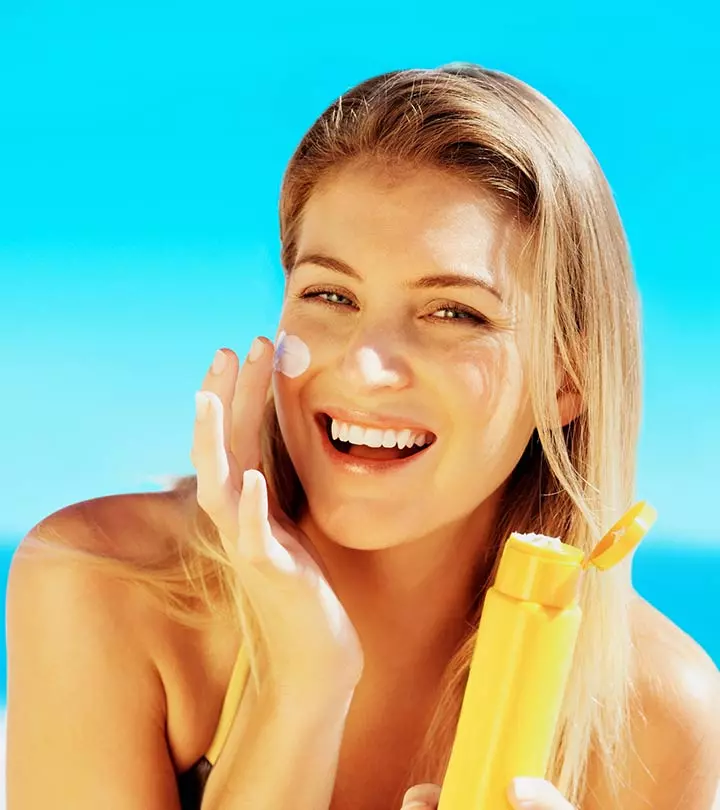
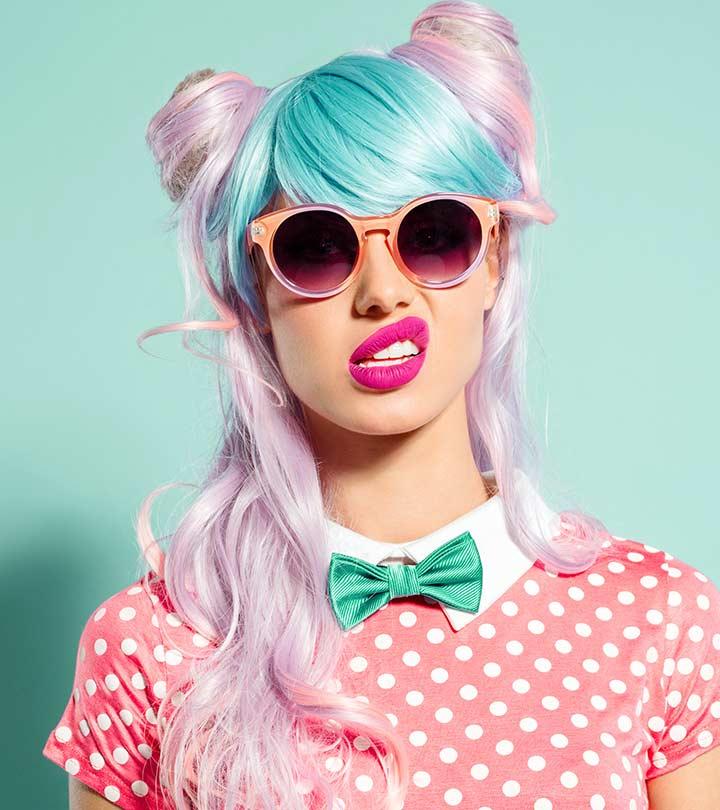
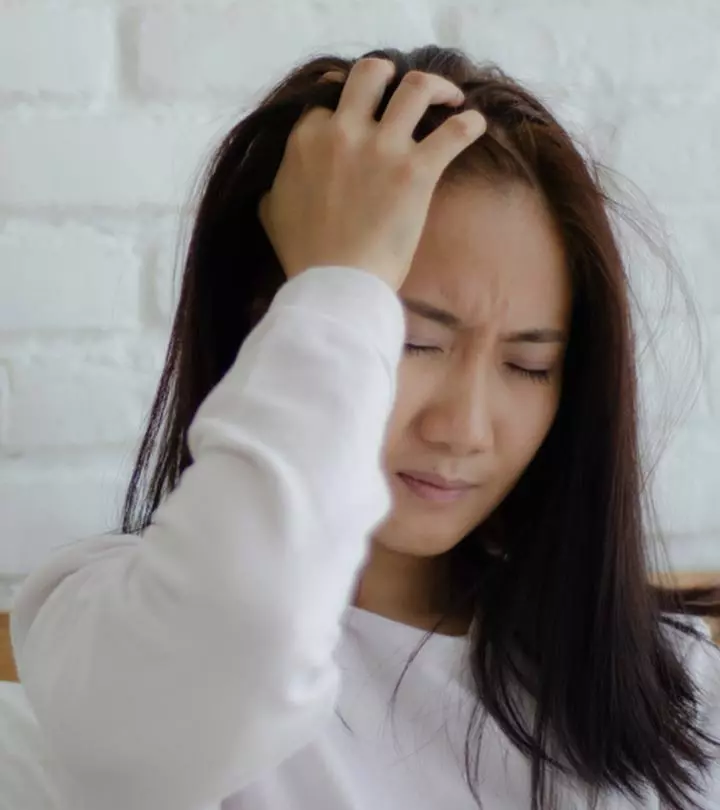
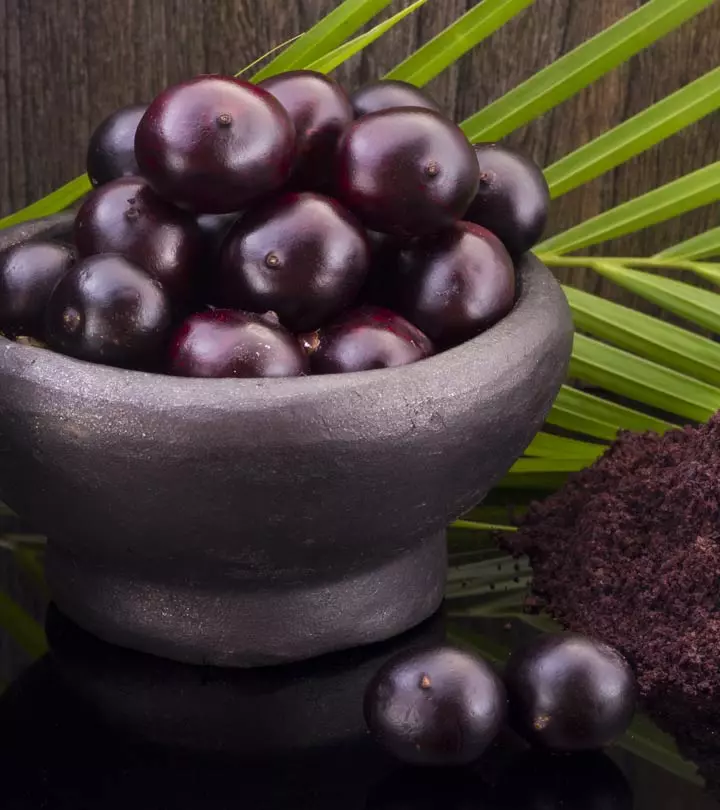
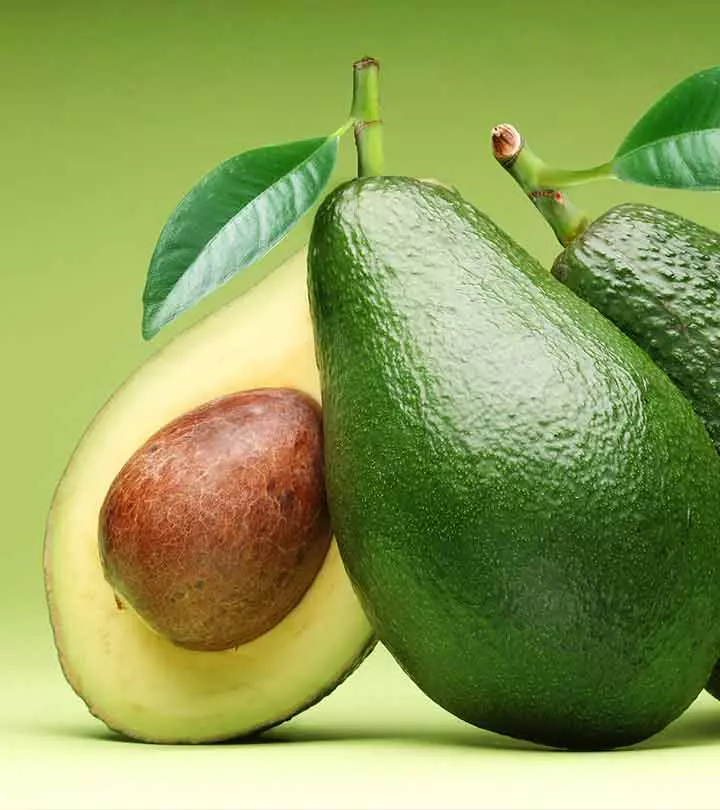
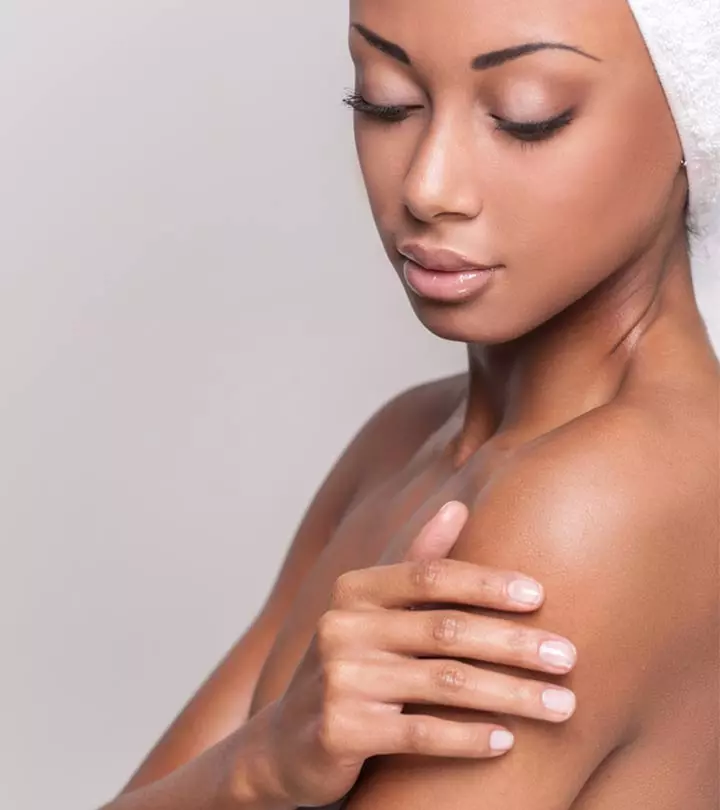
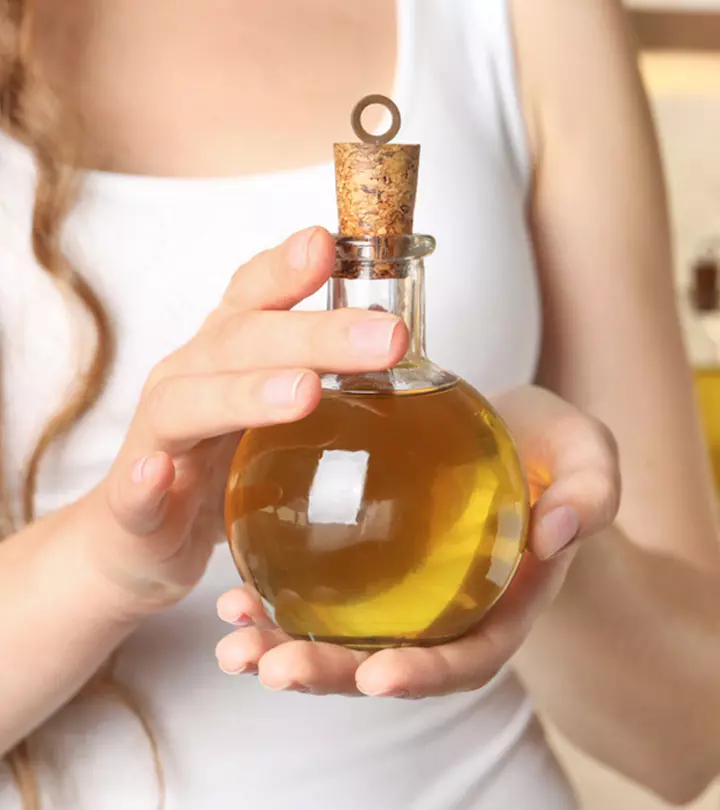
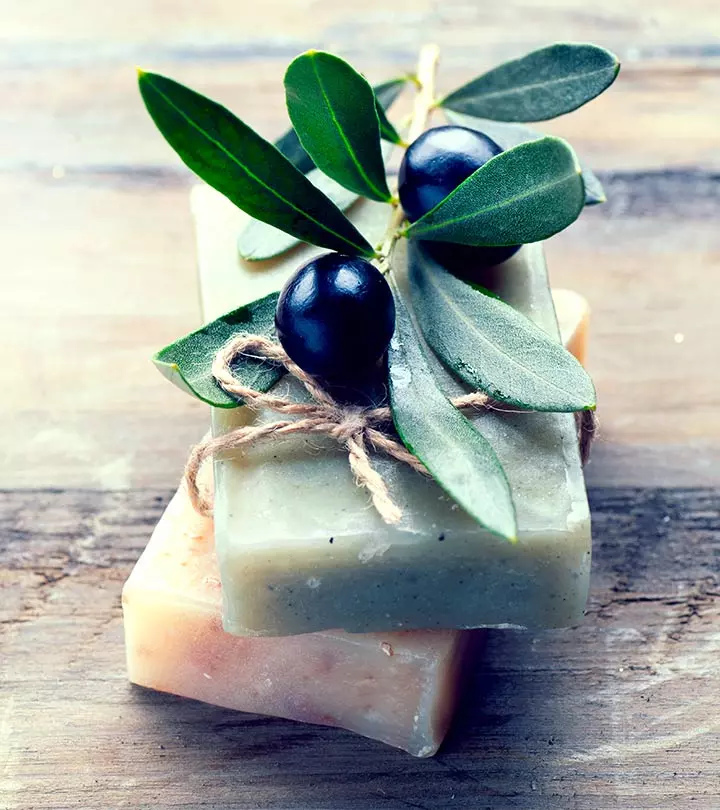
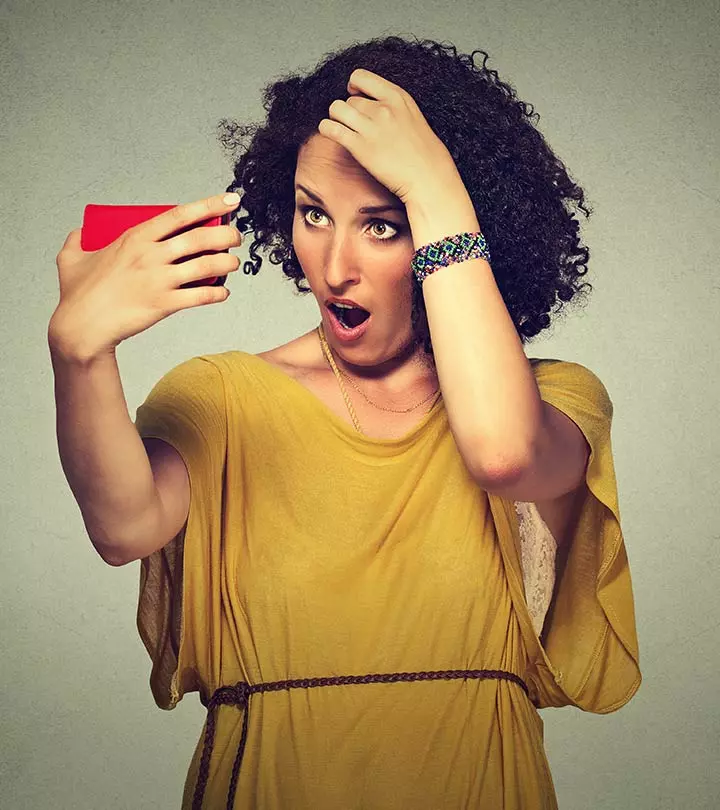

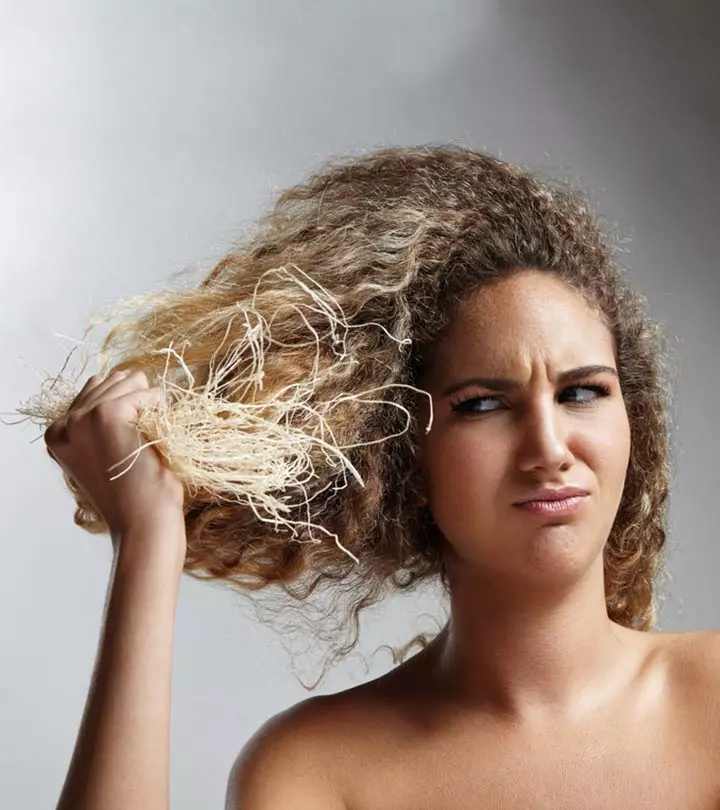
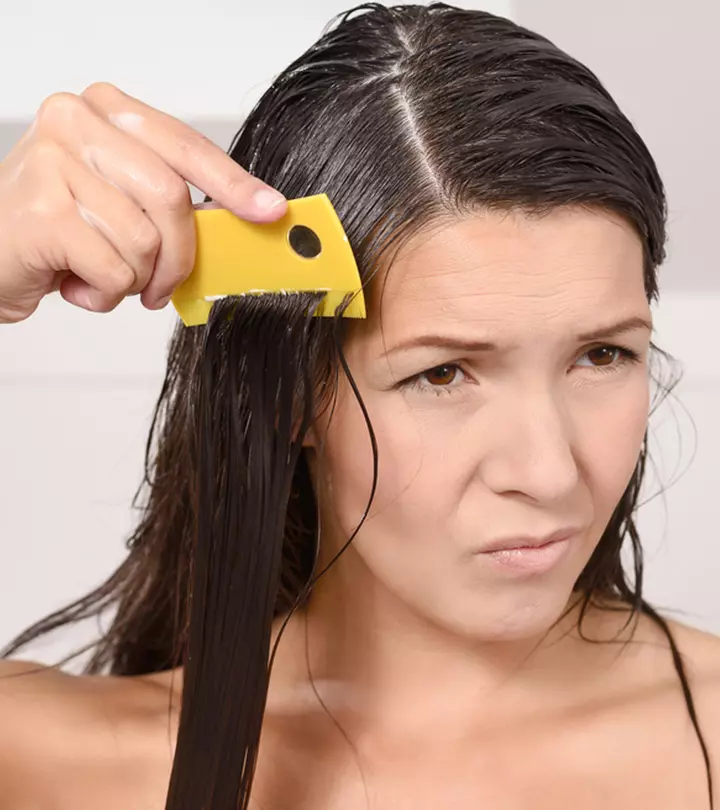
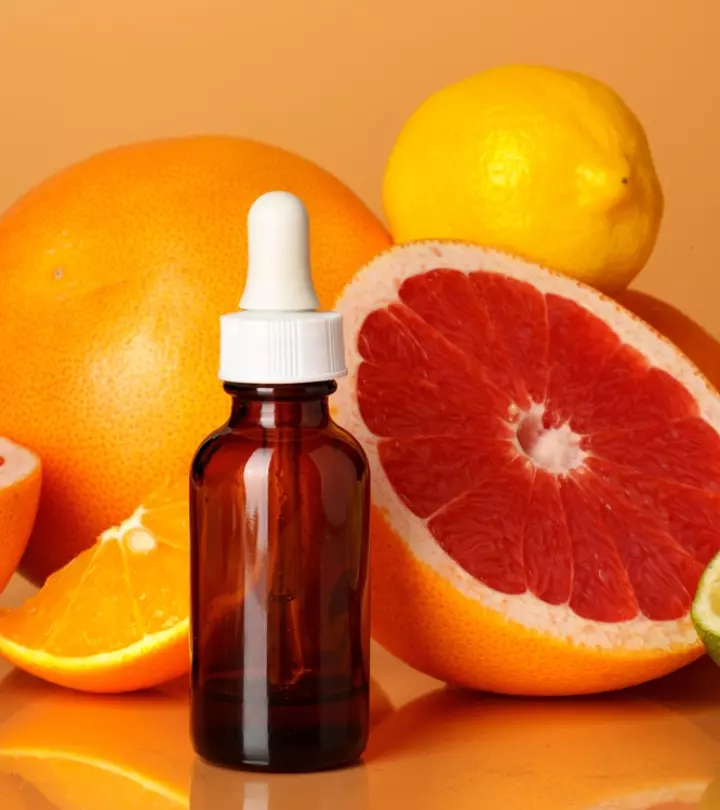
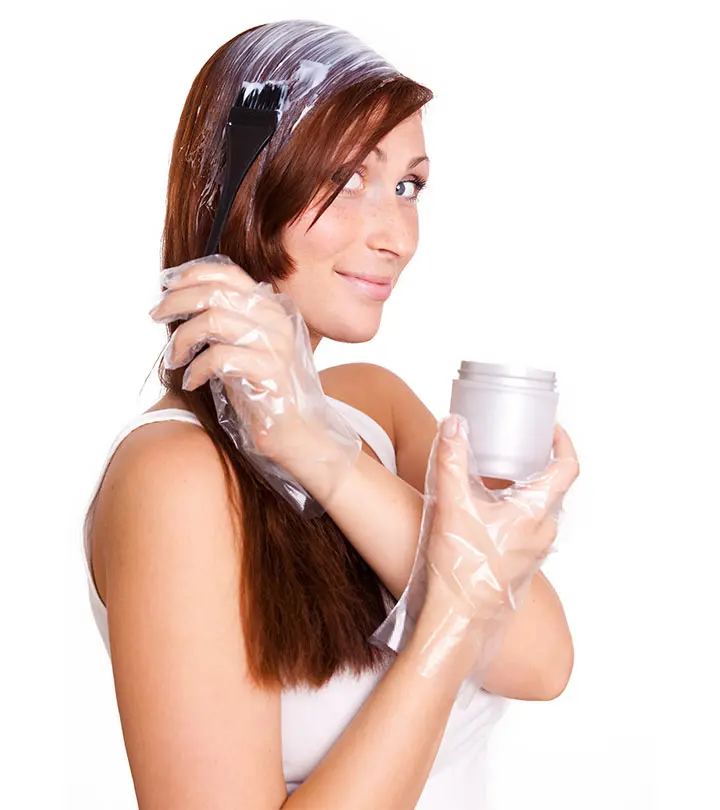

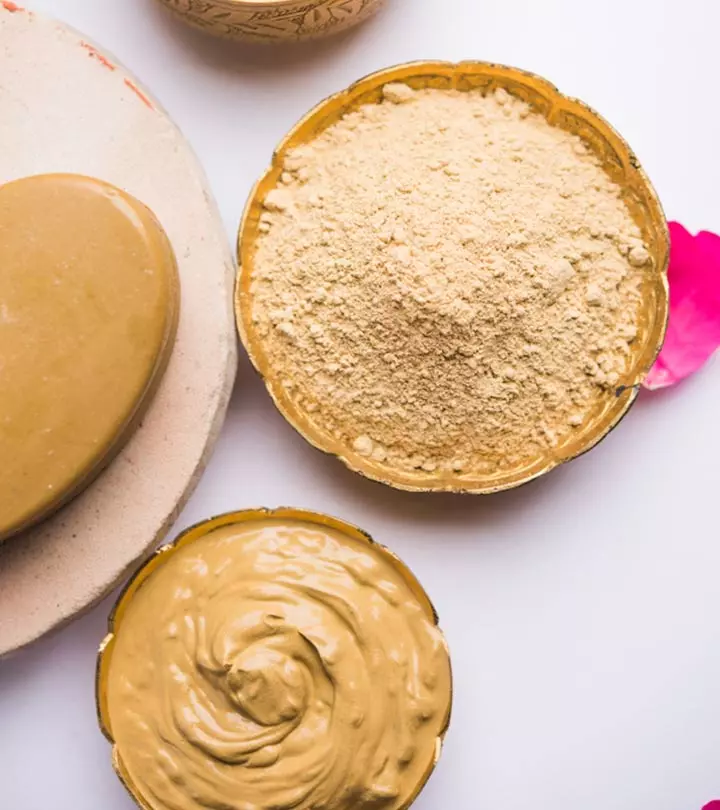
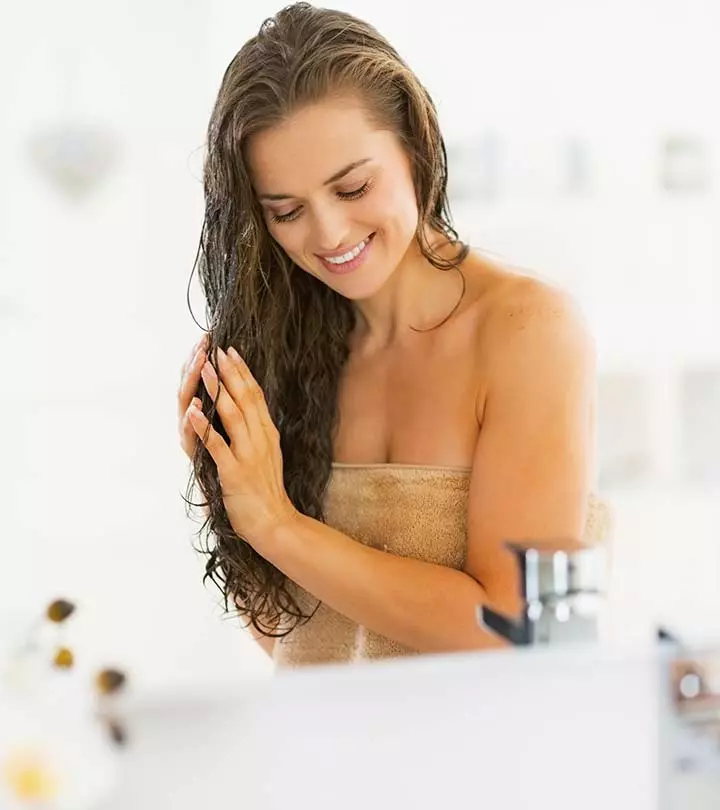
Community Experiences
Join the conversation and become a part of our empowering community! Share your stories, experiences, and insights to connect with other beauty, lifestyle, and health enthusiasts.